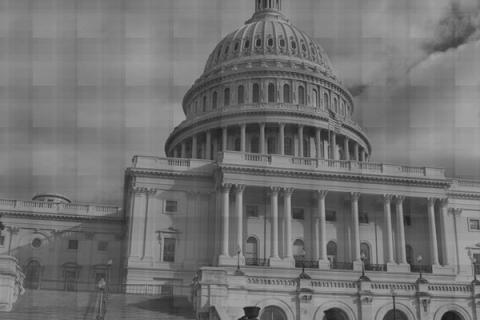In May 2010, then Attorney General and now Governor Jerry Brown filed lawsuits against former California Public Employees Retirement System (CalPERS) board member Alfred Villalobos and former CalPERS CEO Fred Buenrostro for fraud, failure to disclose gifts, and Villalobos bribing Buenrostro to influence CalPERS investment decisions.
Villabobos at the time had left CalPERS and earned upwards of $50 million in a few years as a placement agent, influencing CalPERS to make investments with his clients. The same type of placement agent scandal in the New York pension system has resulted in heavy fines and possible prison terms.
So what is CalPERS doing about this?
Why, they are investigating themselves, that's what! They've hired D.C. lawyer Philip Khinda to report back on their ethics. Not surprisingly, he has found CalPERS to be ethically challenged and has recommended numerous changes. Among them are limiting revolving door moves into private industry from CalPERS and paying investment firms based on performance rather than with large flat fees. It is a sad commentary of the current state of what passes for corporate ethics that such recommendations are even necessary rather than being obvious and followed in the first place.
Also, while Khinda has certainly done an exemplary job, an investigation into CalPERS should not be funded by CalPERS. I mean, aren't they already ethically compromised enough what with former top execs being charged with fraud on a massive scale? Instead, what's really needed is a complete audit of CalPERS done by CPAs and Certified Fraud Examiners, backed by law enforcement with subpoena power, and paid by the state not CalPERS.
As part of the lawsuit, Jerry Brown froze Villalobos's assets. This included numerous homes, luxury cars, bank accounts and more, after it became apparent, among other things, that Villalobos had large gambling debts. Yet Villalobos has been able to take back control of his finances by filing bankruptcy. Now the IRS wants the courts to force a Chapter 7 liquidation on Villalobos because they say he is squandering his assets by spending $72,000 a month on personal expenses.
Boy, after all these revelations, I sure would want to park my retirement money with CalPERS, wouldn't you?
Because what may get lost in all of this is that the money CalPERS manages is retirement money. It should be managed conservatively, with the utmost care and caution. Yet CalPERS has lost tens of billions of retirement money on highly risky real estate deals and other such dicey investments. Worse, the final tab for their recklessness gets picked up by the California taxpayer.
California Controller John Chiang is proposing two new bills based on Khinda's recommendations. The first would mandate a two year waiting period before a former CalPERS employee could work with a firm having business with the fund. The second bill further limits the value of gifts board members can receive down to $50 from $420 a year. According to Chiang, as a result of the scandal, the public has lost confidence in the manner in which public funds are being handled.
Indeed. California's public pension system needs vastly increased transparency and ironclad laws (with criminal penalties) to avoid future placement agent scandals.

